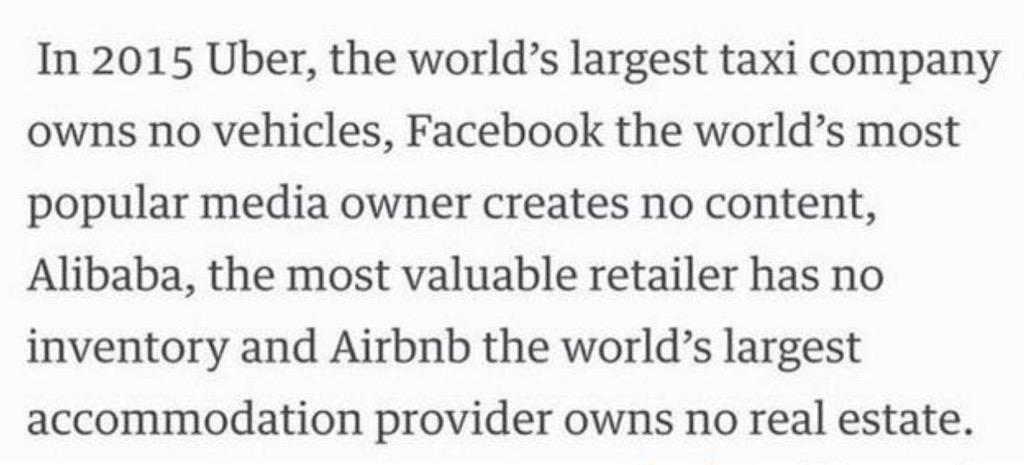ComfortDelGro – Buy Now or Wait for Later?
- Timothy
- Jul 25, 2017
- 3 min read
Updated: Feb 28, 2020

I’ve looked into this company in the past (~2 years ago), and had largely forgotten about it. But somehow this counter popped back into my mind a couple days back and I decided to take a second look at it.
It’s a company that most Singaporeans would be familiar with — in fact, it’s probably a love-hate relationship. Some grew up taking taxis as their main source of transport (not me). Some have had great / bad experience riding in one. For those who drive, taxi drivers are the bane on the roads.
Much like other blue chips, we grew up with this company.
The old adage of investment is this — invest in a company that you’re familiar with. Does ComfotDelGro count as one? Perhaps.
To borrow a heavily overused catch-phrase, over the past few years we’ve seen lots of disruptions in the market.
Quoting Tom Goodwin:

And this has very obviously, and very visibly affected ComfortDelGro. It has seen its stock price drop from a high of $3.09 in Feb 2015 to a closing of $2.29 today. That’s a drop of about 26%. What gives?
With the arrival of Uber and Grab came a game-changing plan. The trend of ‘crowdsourcing’ of your business meant that traditional companies suddenly found themselves slowly being edged out by companies that place a heavy emphasis on technology. What seemed to be an impenetrable moat, or at least one that would take decades to reach, turned out to not be that impregnable after all (Singaporeans should find this analogy familiar).
As a stock investor, we need to be able to differentiate between a short-term setback vs. a long-term issue. The question then is, for how long will Grab and Uber last for? 5 years? 10?
My guess, is that this is a structural issue, one that strikes at the core of the business.
Taxi drivers have for a very long time made known their grievances against taxi companies, by way of unfair wages, long working hours, and most recently, their physical safety.
Combined with the carrot dangled by Uber and Grab, it is not wonder that taxi drivers have started to either jump ship, or to use the Grab app in their daily runs.
So back to the question — is this short-term or long-term? Right from the outset, we can see that given the way things are going, it may actually be a short-term issue. Uber is known to be bleeding money, and the company seems to be slowly imploding. Grab, on the other hand, seems to be riding a better ship.
The predatory pricing strategy adopted by both companies will not last. What they are trying to do is price each other out of the market, along with eating as much market share from the incumbents as possible. What will happen when the generous discounts are cut, and funds run dry? It would then mean that costs may slowly be passed down to both the drivers and consumers, making it not so attractive to be riding a Grab or Uber anymore.
Grab admits that such strategy is not sustainable, and evidently so, as it has been trying to purchase vehicles to penetrate into the taxi market. (cf. http://www.straitstimes.com/singapore/transport/smrt-in-talks-to-sell-taxi-business-to-grab). What would their business plan be then? Would they end up being just another taxi operator in Singapore?
ComfortDelGro has had a good track record in consistently growing its profits over the long-term. The question then is how nimble management can be, and how they can steer the ship in favour of the recent winds of change. We have seen a few good initiatives (by way of incentives, and renting taxis out by the hour instead of single day leases) by the company in an attempt to reinvent itself, but will that be enough? Obviously a reactive attitude towards change is not good, and what investors want is a proactive management that is able to predict, or at least adapt well to the changing environment.
For all we know, this disruption in the taxi industry is just the beginning. With the advent of driver-less cars (probably at least a decade away from practical implementation), and IoT, we may very well find ourselves in a world where a taxi industry without taxis exist.
(not vested in ComfortDelGro)
Comments